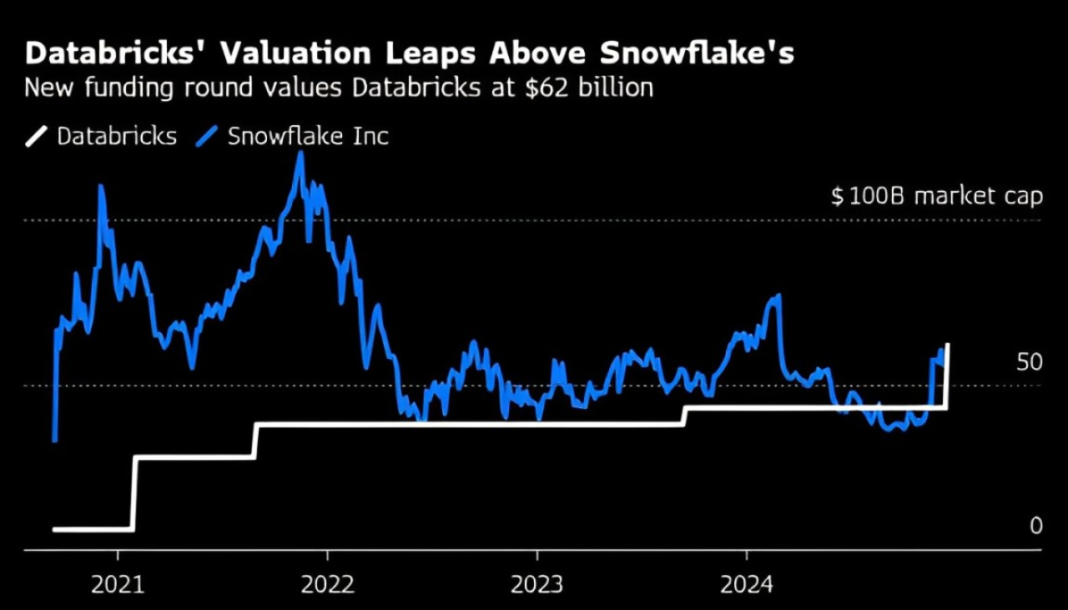The tech world is buzzing with news. Databricks is set to raise a massive $10 billion. This funding will push its valuation to an astonishing $62 billion. But what does this really mean for the tech sector?
Raising such an enormous amount of money feels monumental. Databricks plans to channel this capital into new AI products. They also intend to expand their international reach. How impactful will this funding be for their operations?

Vince Hankes from Thrive Capital emphasizes Databricks’ readiness for this leap. Their team is efficient. They are operating like well-oiled machinery, more than capable of handling the pressures that come with public scrutiny.
What does this mean for employees? The funding won’t just line the pockets of investors. It will provide liquidity for current and former employees. Isn’t that a refreshing change in a company’s financial strategy?
Databricks is not just any startup; it stands among the most valued firms globally. With a predicted revenue reach of $3 billion by January 2025, their growth trajectory appears robust. Can other software giants keep up?

The competition is being watched closely, particularly Snowflake Inc. and tech conglomerates like Microsoft. Their AI applications seem formidable, yet Databricks continues to forge ahead. Does this continued progress signal a shift in industry standards?
Databricks looks to make strategic acquisitions, focusing on AI startups. CEO Ali Ghodsi believes in harnessing untapped talent. He states, “There’s lots of smart people out there with great ideas.” Could these startup partnerships pave the way for revolutionary technological advances?
Interestingly, many wonder about Databricks’ future as a public entity. Investors are eager for an IPO announcement. Perhaps waiting is a clever strategy after all, considering their large private funding rounds. Where do they go from here?

Alongside the well-known venture firms, notable players like GIC and Lightspeed are involved. This collaboration creates a network of influence and opportunity. It is fascinating how these connections might shape future products and market strategies.
Databricks SQL, their primary product, is breaking records. It boasts a staggering revenue run rate of $600 million. The growth rates exceed 150% annually. Is this kind of progress sustainable in the long run?
As Databricks prepares for additional financial maneuvering, there are tax implications for employee stock sales. This complexity shows a layer of planning we often overlook in startup success. What could this mean for employee morale?
In conclusion, Databricks stands at a pivotal moment. Their ability to innovate amid fierce competition is commendable. Therefore, as they prepare for their grand leap toward a more public entity, their journey leaves us asking: What will their next steps be?




